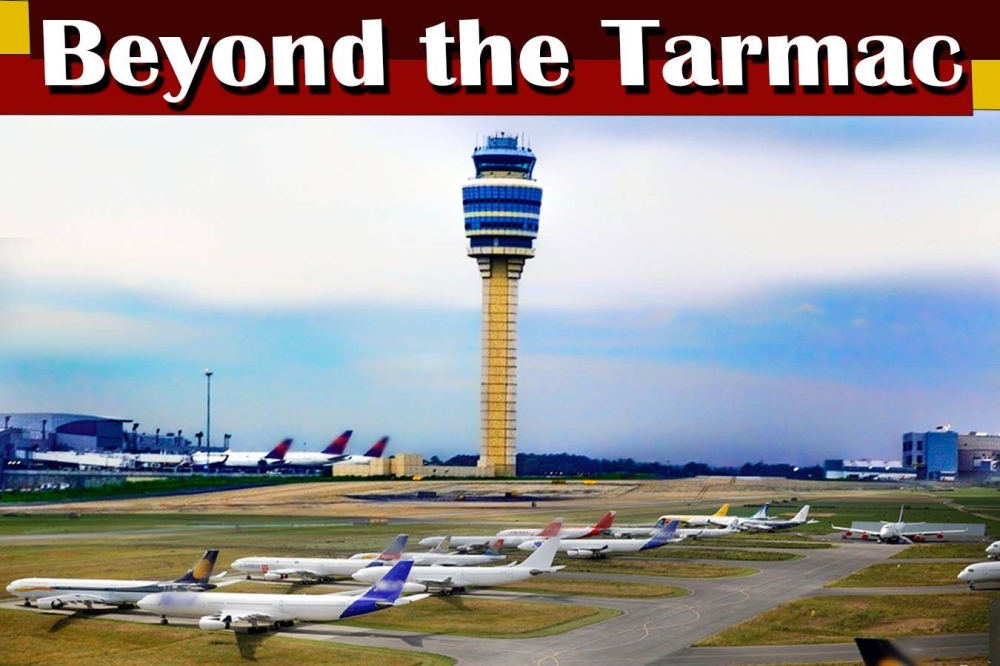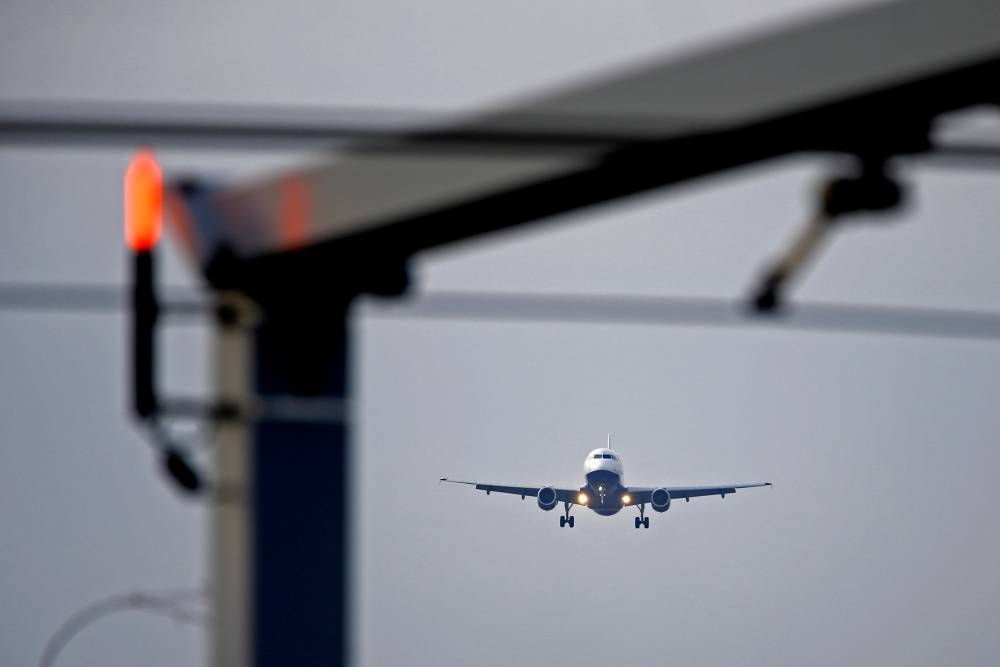
As of February this year, the total amount of blocked airline funds has reached $2.3bn worldwide, according to the International Air Transport Association (IATA).
Of this, the Africa/Middle East region accounted for $1.8bn, Asia $519mn, Europe $24mn and Americas $233,000.
The blocked or trapped funds are mostly from the sale of tickets, cargo space, and other activities.
IATA, which is the global body of airlines, has urged governments to work with the aviation industry to resolve the issues that prevent airlines from repatriating their rightful funds.
This, it said will enable aviation to provide the connectivity needed to sustain jobs and to energise economies as they recover from the pandemic.
Airlines will not be able to provide reliable connectivity if they cannot rely on local revenues to support operations. That is why it is critical for all governments to prioritise ensuring that funds can be repatriated efficiently, IATA says.
By blocking airline funds from ticket sales, various countries are depriving the aviation industry of the much-needed cash, in contravention of bilateral agreements and global standards.
Holding back money belonging to airlines also discourages other carriers from serving the particular market, thereby reducing connectivity and options for passengers.
For airlines, this can lead to cash flow problems, reduced profitability, operational difficulties, reduced investment and reputation damage.
Blocked funds can cause significant cash flow problems for airlines, as they may not be able to access funds that are owed to them. This can impact their ability to pay for fuel, salaries, and other essential expenses, which could ultimately lead to financial difficulties and even bankruptcy.
When funds are blocked, airlines may have to accept lower profits or even losses on their international routes. This is because they may be forced to sell tickets in local currency and then hold onto that currency until they can access it, which can result in exchange rate losses.
These can also make it difficult for airlines to operate effectively. For example, they may be unable to pay their suppliers or service providers, which could impact their ability to maintain their aircraft, provide in-flight services, or even pay for landing fees and other airport charges.
Trapped funds can discourage airlines from investing in new routes or expanding their operations in certain countries. This can limit the growth potential of airlines and may lead to missed business opportunities.
If airlines are unable to provide refunds or make other payments to customers due to blocked funds, it can damage their reputation and reduce customer trust. This could lead to a decrease in bookings and revenue over the long term.
Industry analysts say if conditions persist that make the economics of operation to a country unsustainable, one would expect airlines to put their valued aircraft assets to better use elsewhere.
Clearly, ongoing problems with blocked funds are extremely damaging to the airline industry. One of the consequences is that flights to countries with blocked funds cost six or seven times more than comparable flights elsewhere! Clearly, Africa is a case in point.
Blocked remittances have plagued airlines for years, but the situation has been exacerbated by the Covid-19 pandemic that left airlines cash-strapped after many years of weak travel demand.
Therefore, it is critical for governments around the world to prioritise repatriation of blocked funds in the overall interest of the aviation industry, which is a key driver of global economic growth.


